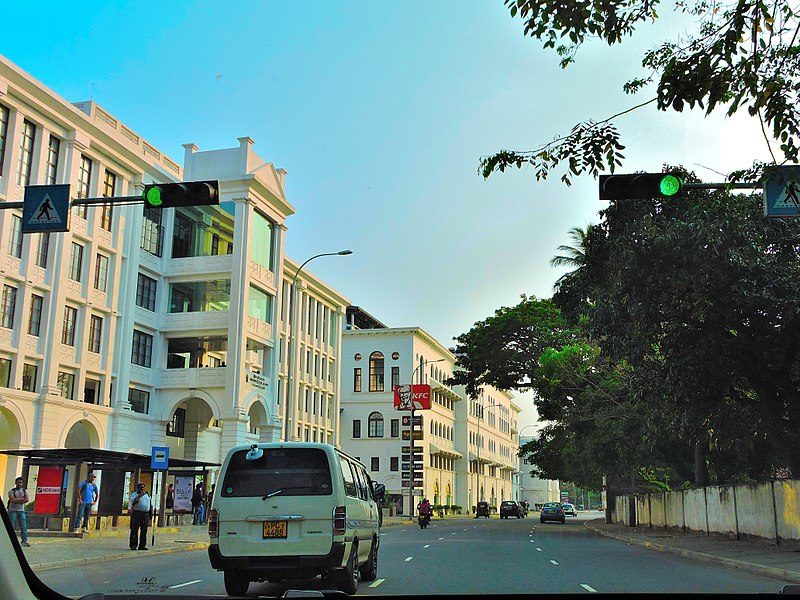Singapore’s new Prime Minister Lawrence Wong makes a speech after being sworn in at the Istana in Singapore on May 15, 2024.
Edgar Su | Afp | Getty Images
SINGAPORE — The Lion City is set to launch an unemployment support scheme for workers who have been laid off or are involuntarily unemployed.
The country’s prime minister, Lawrence Wong, made the announcement during his National Day Rally speech, in which he spoke of Singapore’s economy, education and housing policies.
The scheme, titled the SkillsFuture Jobseeker Support scheme, is aimed at helping lower- and middle-income workers and will provide involuntarily unemployed workers a total of up to 6,000 Singapore dollars ($4,561) for six months, subject to conditions.
Wong said the qualifying worker has to go for training, career coaching, as well as job matching services during the time, saying “these are essential investments that you need to make in yourself to find better jobs.”
Workforce Singapore, the workforce development agency under Singapore’s Ministry of Manpower said on its website that the scheme will provide financial support to Singapore citizens who were previously earning an average monthly income below SG$5,000 while they search for a new job.
“Eligible individuals who demonstrate active job search to seek new employment and meet the monthly activity points target will receive monthly payouts, up to a maximum of $6000 over six months,” it added.
The move marks a notable policy shift for the city state, which has long resisted calls for unemployment insurance out of fear such schemes would encourage citizens to opt for welfare rather than work.
Singapore currently has no unemployment benefits for such workers. Wong said the country’s Ministry of Manpower will announce when the new scheme would go into effect “in due course.”
Since it separated from Malaysia in 1965 to become an independent and sovereign state, Singapore under founding prime minister Lee Kuan Yew had rejected the idea of a welfare state. In 2005, Lee said: “I departed from welfarism because it sapped a people’s self-reliance and their desire to excel and succeed.”
Lee’s successors, Goh Chok Tong and Lee Hsien Loong, also did not introduce any policies of unemployment support.
Wong, in his speech, also said Singaporean officials had been looking into unemployment policies in other countries to study the practice of financially supporting people who are involuntarily unemployed.
Unconditional unemployment insurance in foreign nations has not led to positive results, with Wong saying, “Because after getting a generous benefit, the person might find it more attractive to stay unemployed than to go back to work. That is why the government has always been wary about such schemes.”
“That is why we searched for an alternative. Just as we created Workfare instead of welfare, what would be better than unemployment insurance? How can we help in a way that minimizes the negative outcomes we have seen elsewhere?”
Workfare refers to a scheme that was implemented in 2005 by the Singapore government to support low-income workers by topping up their income and pension fund payments, on the condition that they hold a job.
In the same way, Wong said, the SkillsFuture Jobseeker Support scheme will support involuntarily unemployed workers, but the worker has to play their part too. “We will have your back, we will stand by you; but you too must take responsibility for your actions, and make an effort to pull yourself up.”
Correction: This story has been updated to reflect that the Skillsfuture Jobseeker Support scheme will provide a total of up to 6,000 Singapore dollars ($4,561) for six months for involuntarily unemployed workers.



















.gif)

Discussion about this post